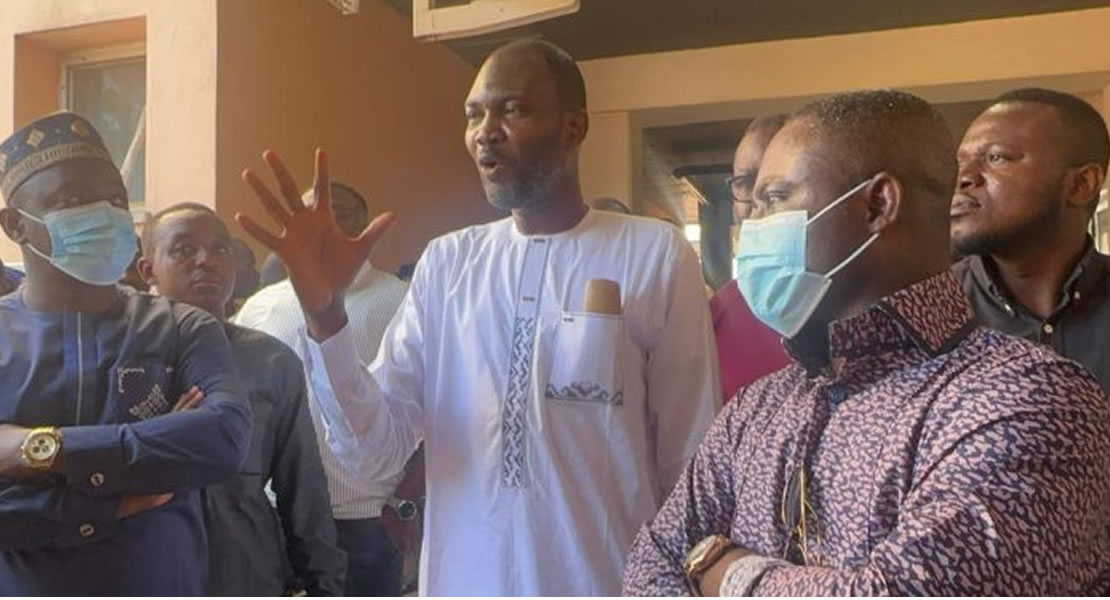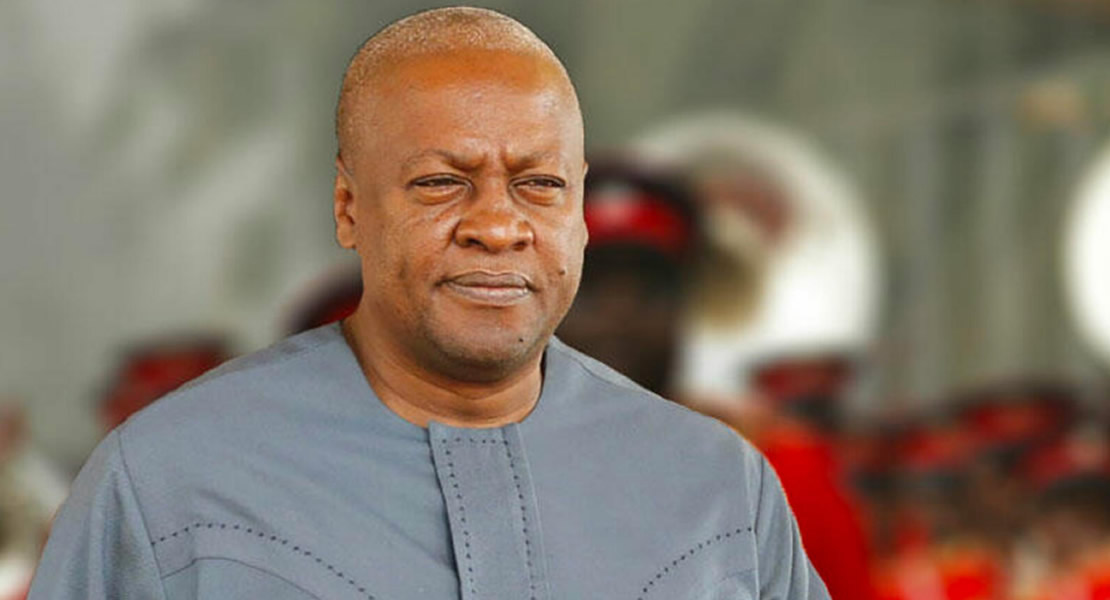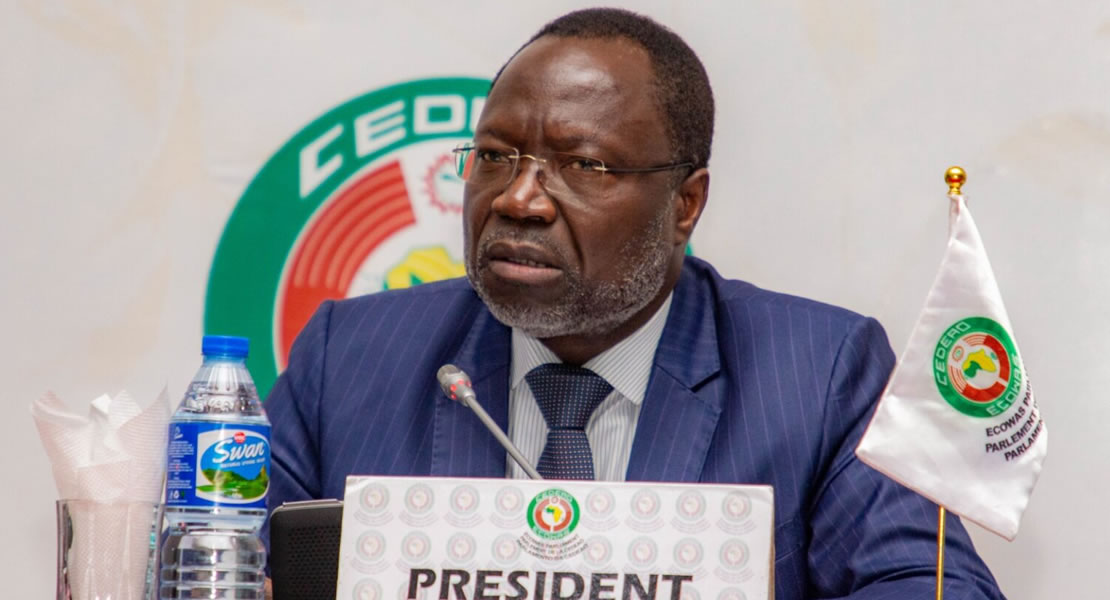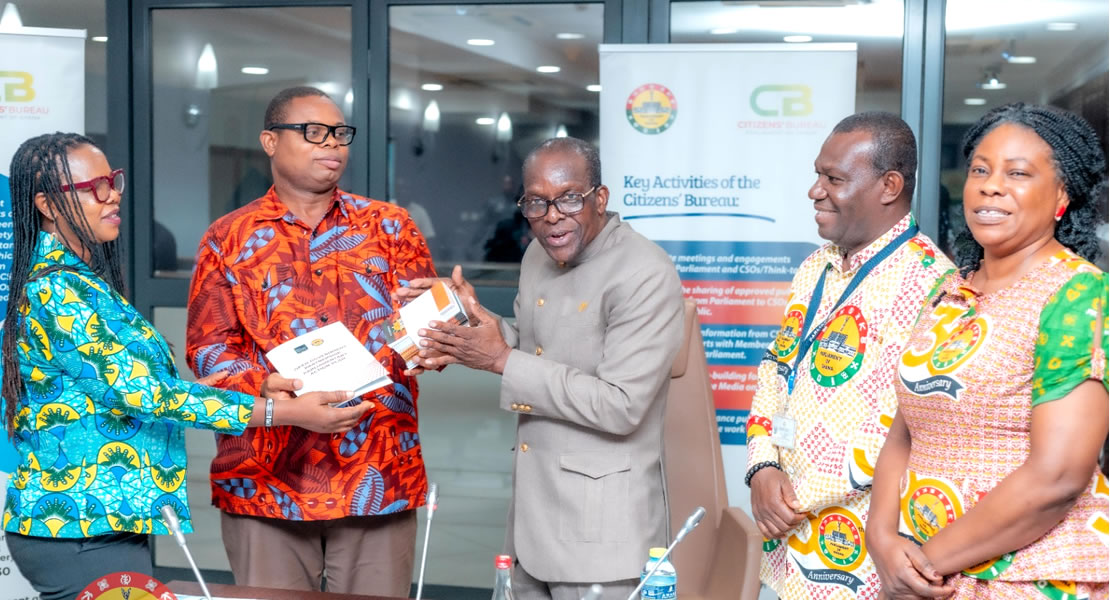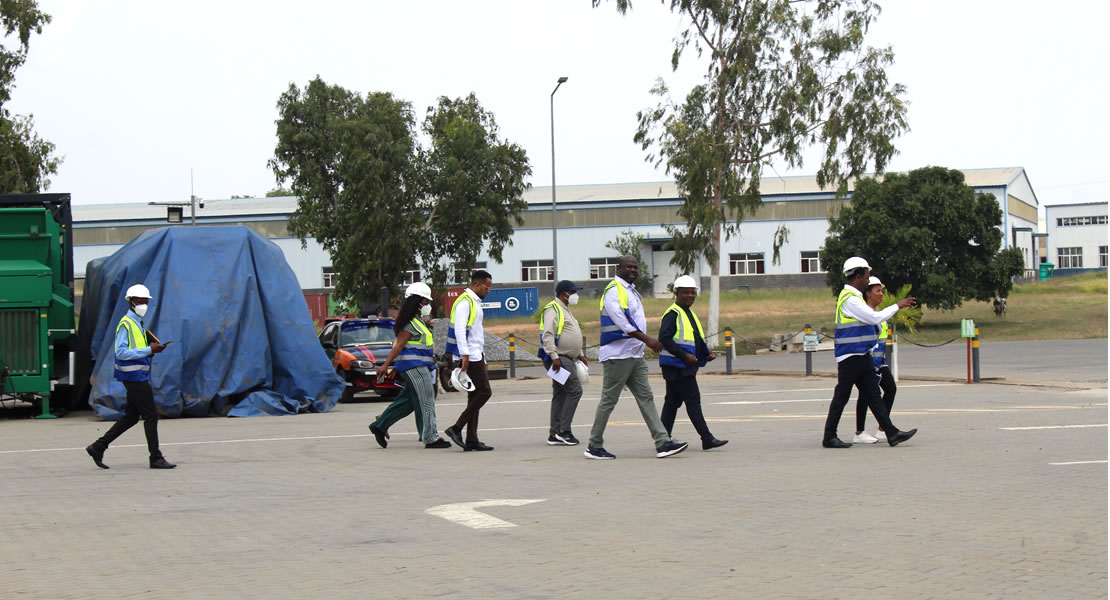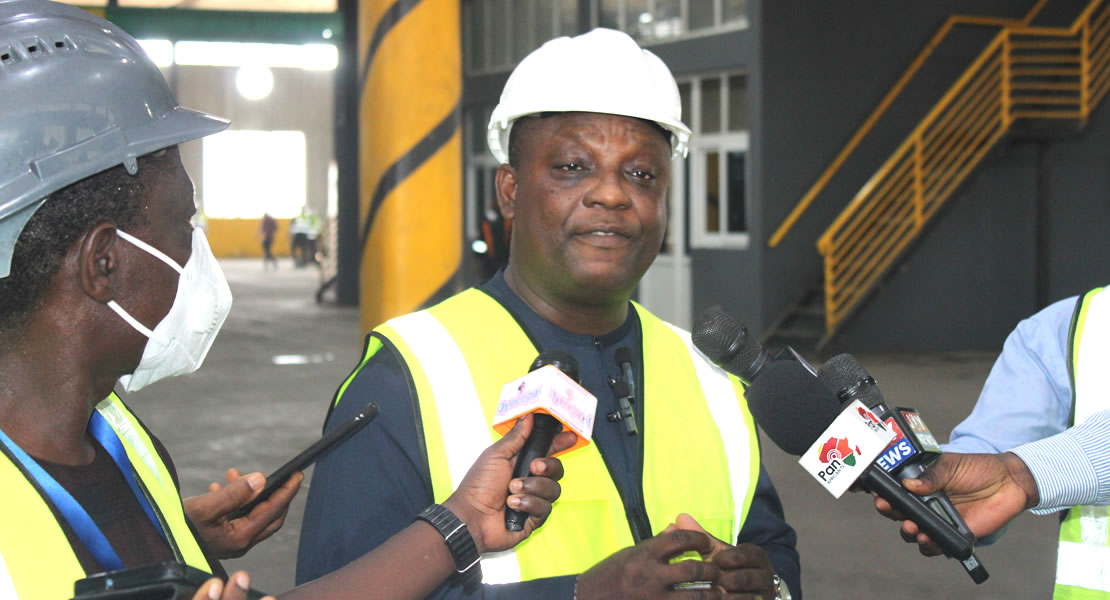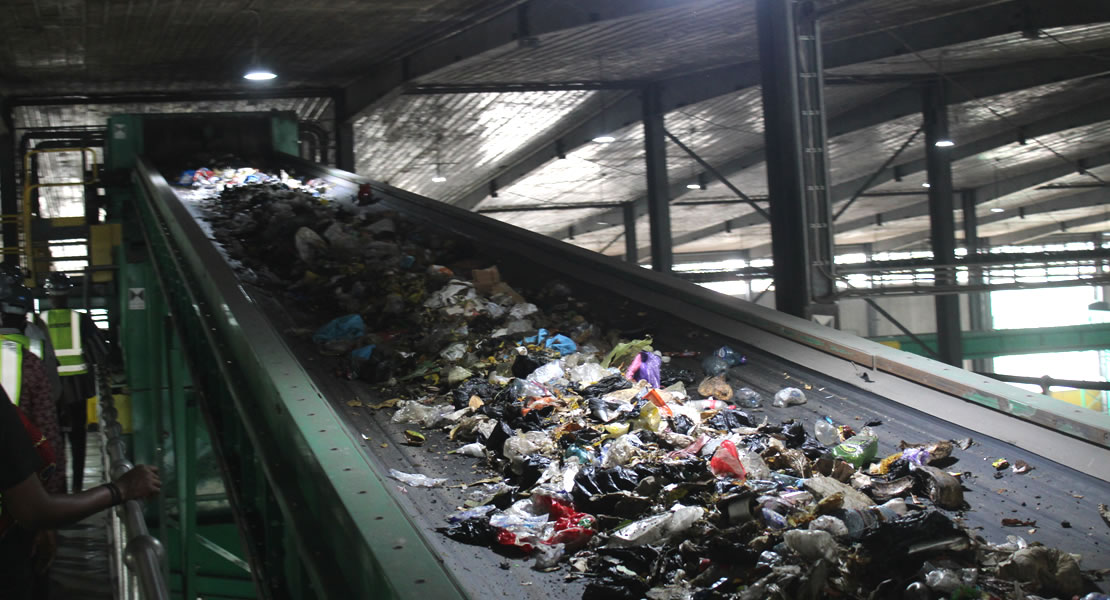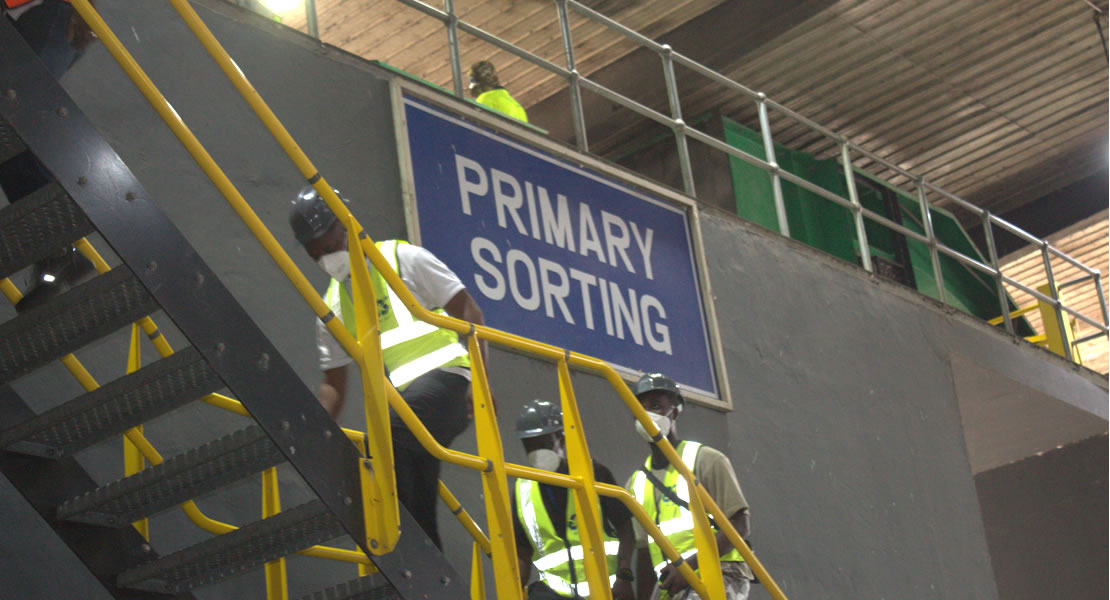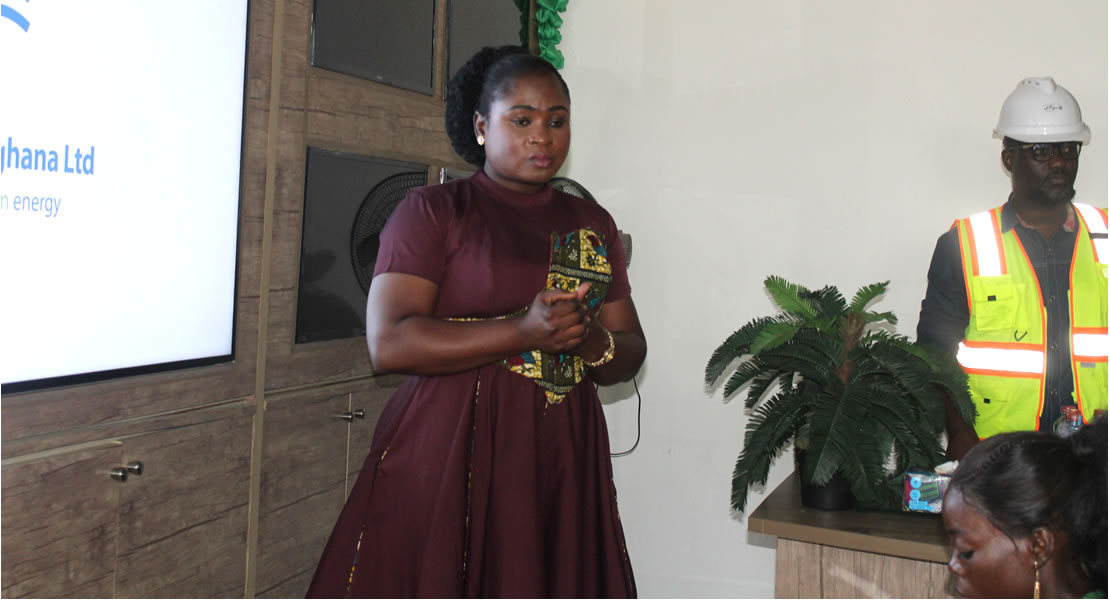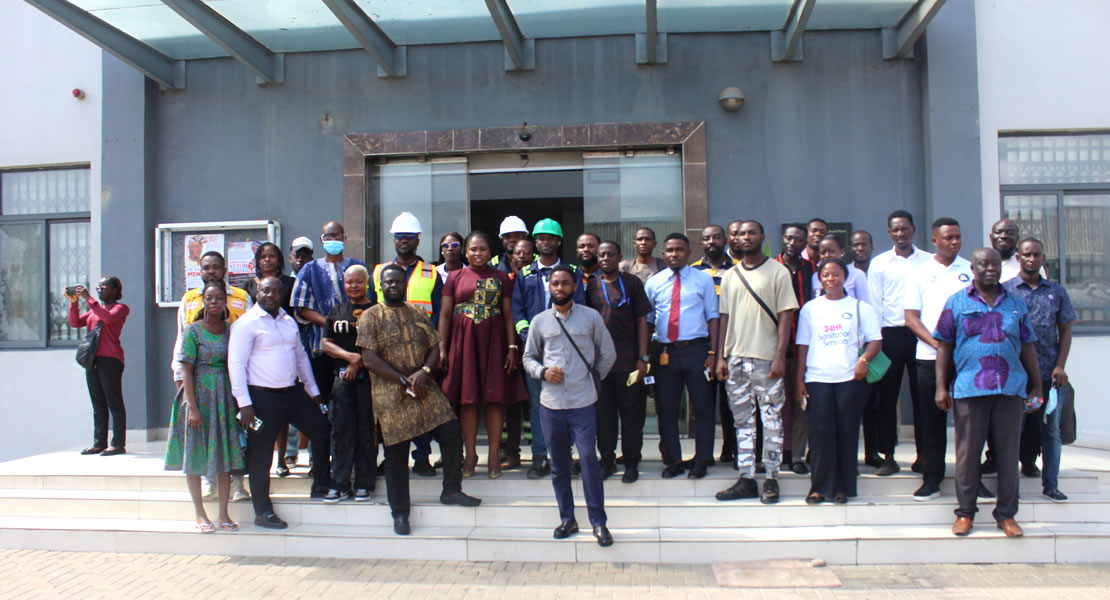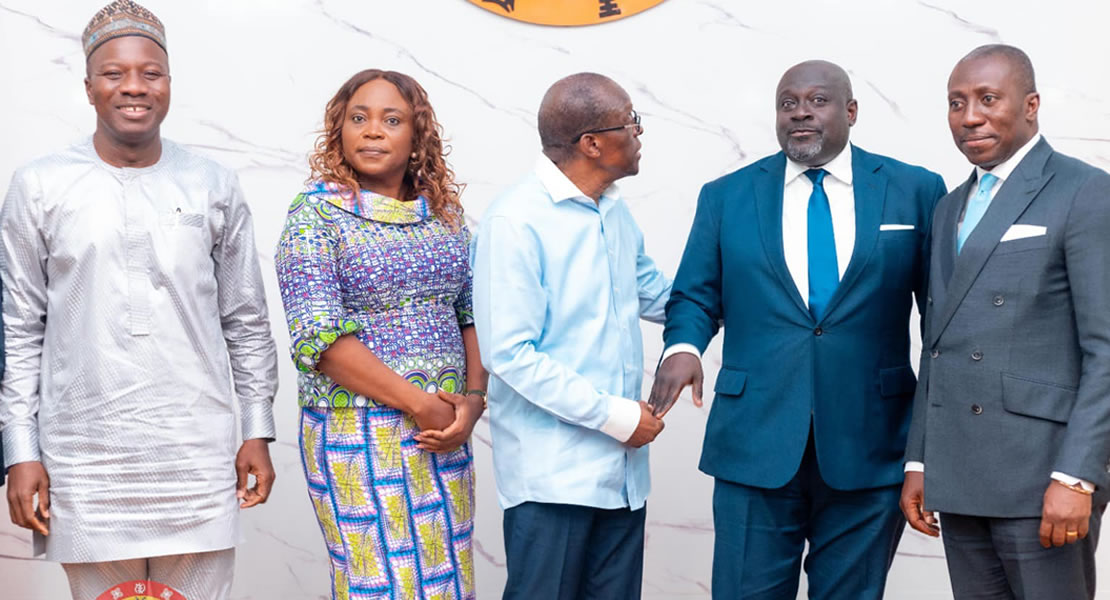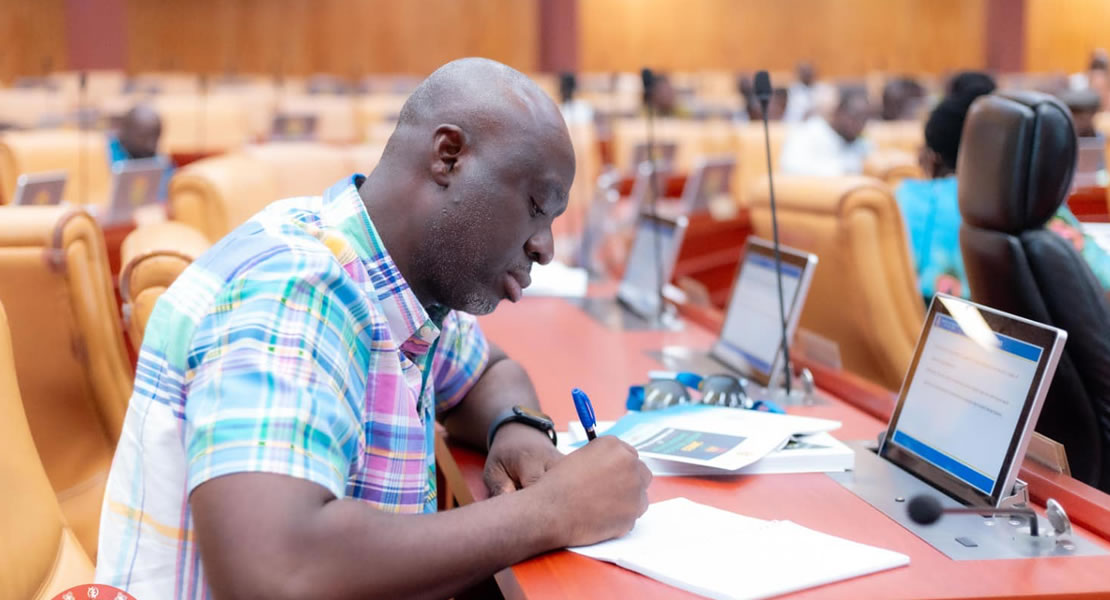Ghana’s Parliament has reaffirmed its commitment to fostering greater transparency and inclusivity by engaging civil society organisations (CSOs) and think tanks in high-level dialogue. The Speaker of Parliament, Rt. Hon. Alban Sumana Kingsford Bagbin, spearheaded the initiative, lauding the critical role that CSOs play in shaping governance and policy.
Addressing the forum on the theme “Embracing Inclusivity, Engagement, and Collaboration with the Parliament of Ghana,” Speaker Bagbin called for a governance framework that transcends traditional parliamentary democracy to incorporate broader participation from civil society. He stressed that no one should be left behind, stating that CSOs are a fundamental pillar of Ghana’s democratic architecture.
Speaker Bagbin commended civil society organisations (CSOs) for their contributions to policy development, particularly through research and data-driven advocacy. He referenced key parliamentary initiatives, including anti-corruption efforts and local government reforms, that were supported by the input of civil society. “With Ghana ranking top in the 2022 Africa Open Parliament Index, these reforms demonstrate Parliament’s commitment to enhancing its democratic processes through a continuous partnership with civil society,” he noted.
One area in which the Speaker is particularly passionate is gender equity. He reiterated the importance of the Affirmative Action Act, which mandates more significant gender equity across all sectors of governance. “Equity, not equality,” he stressed, urging the implementation of gender equity policies within Parliament and government institutions. He acknowledged that progress has been slow and called for more robust gender equity initiatives in governance. He also urged support for the Affirmative Action (Gender Equity) Act, 2024, ACT 1121.
The Chair of the Open Government Partnership (OGP) Caucus in Parliament, Hon. Emmanuel Bedzrah, announced Ghana’s recent recognition at the Regional Meeting for Africa and the Middle East. He noted that technology and innovation have been essential in enhancing Parliament’s engagement with citizens, mentioning that Parliament’s website and data platforms have been continuously updated to meet the public’s needs. However, he stated that more can be achieved through collaboration. He alluded to an Action Plan that is yet to be launched, which would further strengthen these efforts and ensure that Parliament meets its commitments to an open and accountable government.
The Clerk to Parliament, Mr Ebenezer Djietror, emphasised that the theme of the meeting aligns with Parliament’s Corporate Strategic Plan, which seeks to enhance engagement with media, CSOs, and think tanks. He reiterated that Parliament’s role is to reflect the people’s will, as outlined in Ghana’s Constitution, ensuring that all governmental powers serve the welfare of its citizens.
The CSOs lauded Speaker Bagbin for his commitment to inclusive governance, particularly in promoting female leadership. However, some participants raised concerns about the lack of female representation in certain parliamentary committees, especially in areas such as health, where women’s perspectives are vital. They urged constitutional amendments to strengthen gender representation in government.
Additionally, they advocated for sustained collaboration with Parliament, calling for the full implementation of the Open Government Partnership Action Plan to enhance transparency and accountability.
Requesting an expansion of oversight responsibilities in Parliament, the Speaker presented copies of the Code of Conduct for Members of Parliament to CSOs to support their role in holding legislators accountable.
Members of Parliament, including Hon. Emmanuel Akwasi Aquah, Hon. Agyeman Prempeh, and Hon. Abednego Bandim, along with Deputy Clerk Dr./Mrs. Gloria S. Kumawu and other parliamentary officials, attended the engagement.
Among the participating CSOs were IMANI Africa, the Ghana Integrity Initiative, the Centre for Democratic Development (CDD-GH), Parliamentary Network Africa, the Institute for Democratic Governance (IDEG), Star Ghana, ACEPA, the Media Foundation for West Africa, the Gender Center for Empowering Development, CAMFED, the Legal Resource Centre, and Youth Advocate Ghana.
Ghanamps.com
